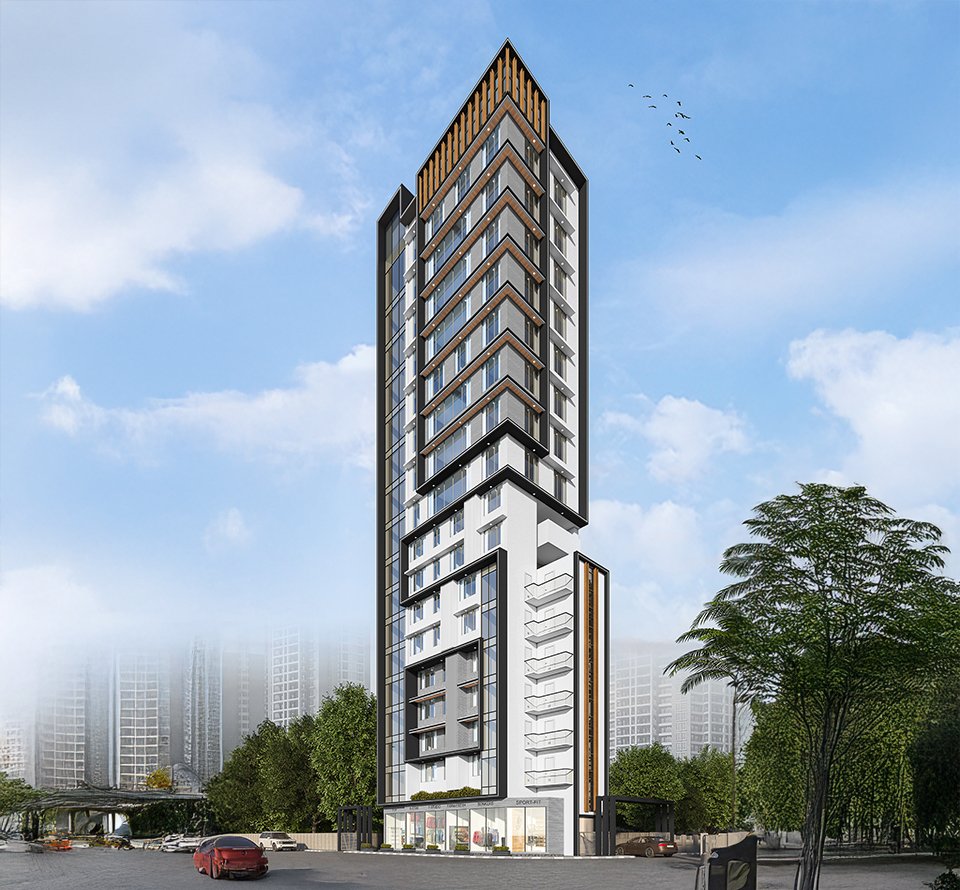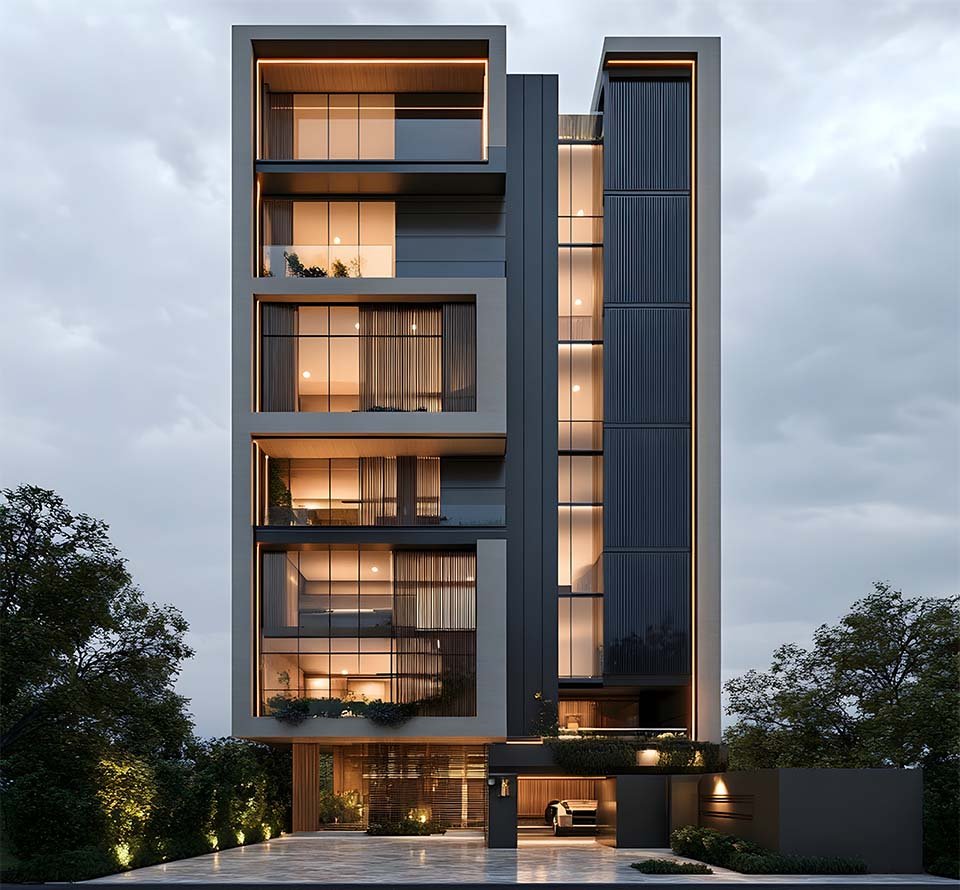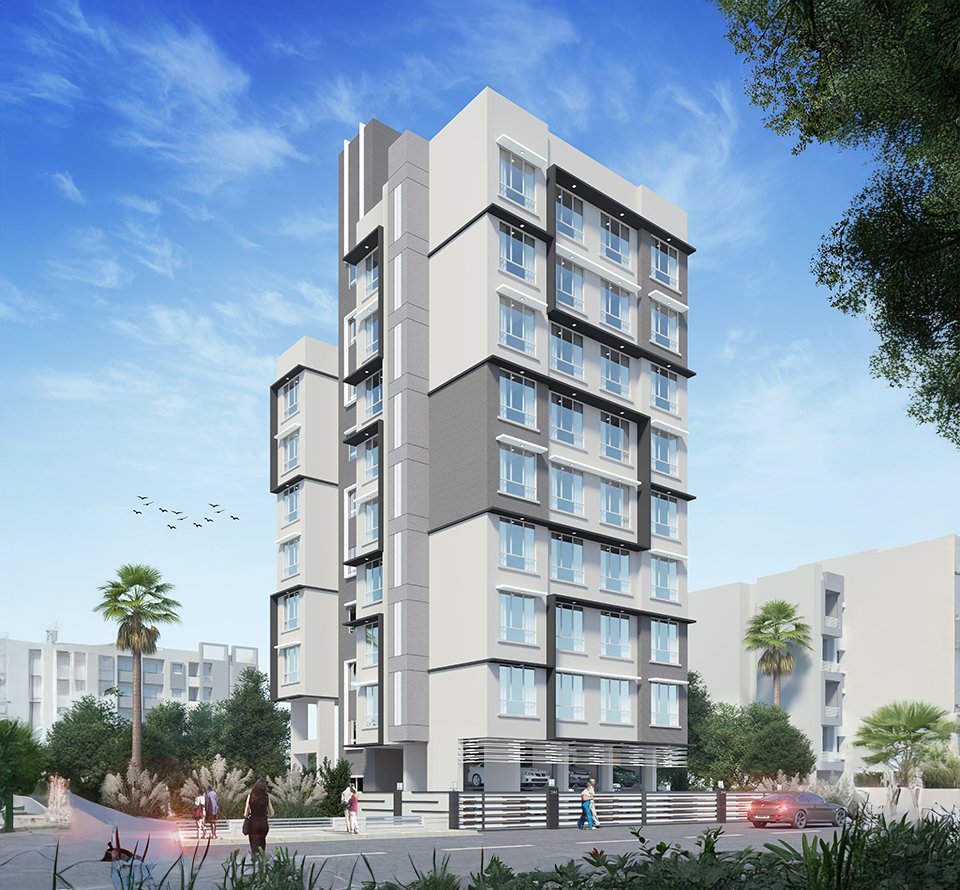FAQs on Redevelopment
Frequently Asked Questions

Redevelopment refers to the process of reconstructing residential or commercial premises by demolishing an existing structure and constructing a new one in its place. It is a widely used option for developers and tenants to improve living conditions and utilize land efficiently.
Redevelopment is executed by utilizing the Floor Space Index (FSI) potential of the land and additional Transfer of Development Rights (TDR) as per the Development Control Regulations of the Municipal Corporation of Greater Mumbai (MCGM). Developers enter into agreements with societies or landlords to facilitate redevelopment.
No, signing a development agreement does not transfer land ownership to the builder. It only authorizes the developer to carry out the redevelopment process.
Mumbai faces a shortage of land, and urban renewal is essential to meet the growing housing demand. Vertical growth through redevelopment helps accommodate the increasing population while improving infrastructure and lifestyle amenities.
- Provides modern, well-planned apartments.
- Ensures better safety, security, and maintenance services.
- Offers new amenities like elevators, gymnasiums, open areas, and society offices.
- Reduces frequent repair costs and structural concerns.
- Enhances property value and resale potential.
- Offers rent compensation or alternate accommodation during construction.
Buildings older than 20-25 years should consider redevelopment, especially if they suffer from structural issues, poor amenities, lack of security, and high maintenance costs.
- Lower stamp duty compared to new land purchases.
- Opportunity to construct high-rise buildings with modern designs.
- Increased demand for redeveloped properties with better amenities.
- Approved building plans and occupancy/completion certificate.
- List of society members with carpet area details.
- Conveyance deed, lease deed, or sale deed of the property.
- Property Register Card (PRC) in the society's or landlord’s name.
- City survey plan (if available).
- Relevant legal documents, agreements, and resolutions.
- Development Plan (DP) remarks and plan.
- Latest water bill and municipal property tax bill.
- Society registration certificate.
- Coordination among society members for approval.
- Selection of a reliable and financially sound developer.
- Ensuring legal and regulatory compliance.
- Timely completion of the redevelopment project.
Mumbai has significant potential for redevelopment due to land constraints and aging buildings. Developers are increasingly focusing on transforming old structures into modern, well-equipped apartments, ensuring better living conditions and infrastructure for residents.
If planned and executed properly, redevelopment offers a sustainable solution to the city’s housing crisis while enhancing the overall quality of life.



